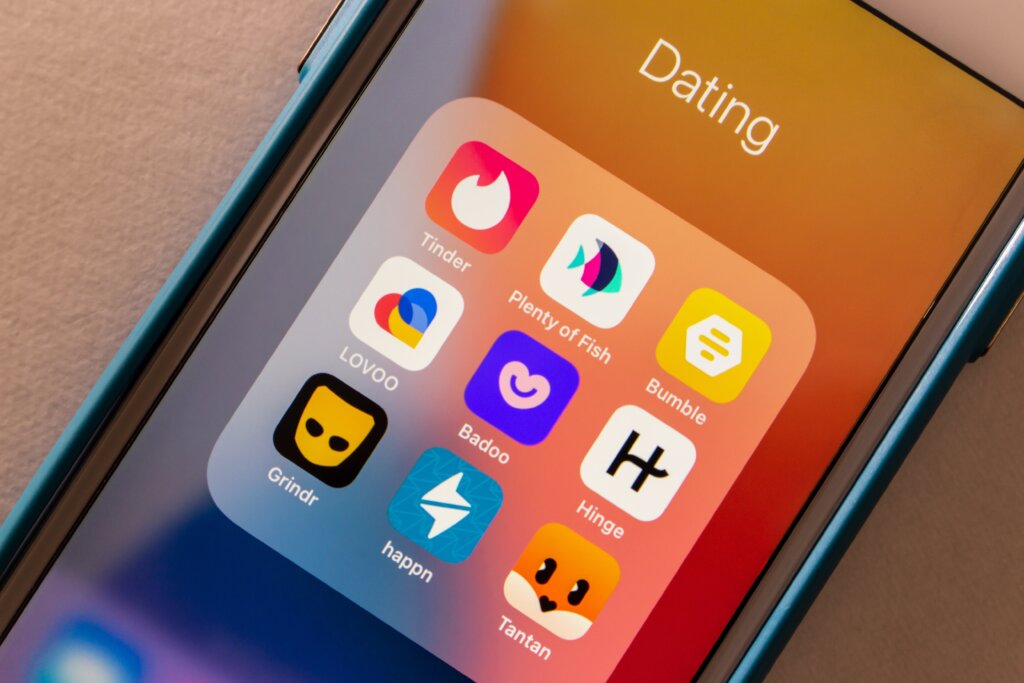
Expert advice on identifying app and website surveillance. (Generated with AI)
Expert reveals how to know if a website or app is spying on you
- Detect and prevent spying through an app or a website by managing permissions and security.
- Spot privacy breaches with unusual battery usage and pop-ups; secure your data.
- Guard against spyware in apps with updates and careful app choices.
In our modern world, smartphones are more than just communication devices; they are central to our daily lives, offering many conveniences and connections. However, lurking beneath this convenience is a significant threat: the risk to mobile security. In an era where oversharing is the norm, we must not forget that even small pieces of personal information can open doors to identity theft and unauthorized financial account access.
While the security issues with Android devices are widely known, there’s another less recognized but equally concerning problem: the rise of spyware and stalkerware applications. These stealthy apps can be secretly installed on a person’s phone, allowing someone to track their every move. This becomes particularly dangerous in cases of domestic abuse, where such apps are used for online stalking and harassment. Often, all it takes to install these apps is physical access to the victim’s phone.
To protect yourself, it’s essential to download apps only from official stores like Google Play and the Apple App Store. When you find an app you’re interested in, pay close attention to the permissions it requests and regularly review them, deactivating any unnecessary ones. Furthermore, adding a security lock to your apps can prevent unauthorized access if your phone falls into the wrong hands.
Before downloading an app, do your homework. Check the number of reviews an app has; the more reviews, the better. You want to ensure that many users have vetted any app you use.
Vetting apps for safety
But it’s not just unknown apps that pose a threat. Popular apps can also be risky. Last year, vulnerabilities in WhatsApp for both iOS and Android were exposed, allowing attackers to target users by sending a specially crafted message. Successful exploitation of these vulnerabilities gave attackers access to the microphone, camera, contact list, and more.
WhatsApp and Instagram, owned by Meta, request permissions that include accessing and modifying contacts, storage contents, phone location, call logs, system settings, and full network access. With each update, these apps could gain additional capabilities. Remember, on platforms like Facebook, you are the product, not the customer. Your data—your activities, locations, interactions—is valuable.
Dating apps like Tinder and Grindr also collect extensive personal data, including names, email addresses, phone numbers, employment details, pet ownership, and, of course, location and age. In 2020, five dating apps suffered data breaches, exposing millions of profiles and putting users at risk for phishing, phone scams, and identity theft. It’s crucial to be aware of the information you share and the potential risks involved with using these applications.

Dating apps like Tinder and Grindr collect extensive personal data. (Source – Shutterstock).
Discovering if an app or website is spying on you
Many have seen movie scenes where a spy uncovers hidden bugs in a room, or someone discovers their phone is tapped. While it may seem far-fetched, certain websites and apps can intrude on your privacy by monitoring your calls, texts, and online activities.
Trevor Cooke, an expert in online privacy from EarthWeb, sheds light on how online spying happens and how to protect yourself against it.
Rapid battery drain and excessive data usage
Is your device’s battery depleting unusually quickly, or have you noticed a surge in data consumption? This could be a sign of a stealthy app running in the background and monitoring your activities.
A notable decrease in device performance might also signal the presence of unwanted software. Regularly checking your device’s battery and data usage can help spot any unusual activities.
Oddities during phone conversations
Experiencing strange noises, echoes, or disruptions during phone calls might indicate that an app is accessing your conversations, effectively spying on you. To troubleshoot, examine the permissions of apps with microphone access and try revoking them to see if it resolves the issue.
Intrusive pop-ups and targeted ads
Encountering frequent pop-ups and ads that align with your recent discussions or internet searches could mean that an app or website is tracking your activities for targeted advertising. Using adblockers, refusing cookies, or setting your apps not to track your activities can mitigate this issue.
Mysterious data transmission
Employ a network monitoring tool to check if data is being transmitted from your device when you’re not actively using it. Data sent without your knowledge could indicate that an app secretly gathers and transmits your information.
Excessive app permissions
Exercise caution with apps that request permissions unrelated to their intended use, like a game asking for access to your camera or microphone. Always scrutinize the permissions an app requests before downloading and routinely review the permissions of existing apps to maintain control over their access.
Strategies to avoid spying
Regularly update your apps and device software to enhance your security, as these updates often include crucial security fixes. Be selective about the apps you install, scrutinizing reviews and the developer’s background. Closely manage the permissions you grant to each app, particularly for sensitive functions like microphone or photo access.
Utilize a trusted security app to identify and eliminate spyware from your device. Trevor recommends using a VPN to encrypt internet traffic and improve online privacy.
Remaining alert and proactive is critical to reducing your risk of being spied on and securing your personal information.
The digital age has made our smartphones integral to our lives, but it also poses significant risks to our privacy. It’s essential to be vigilant about the apps we download and the permissions we grant them. Regular updates, careful selection of apps, and the use of security tools like VPNs can greatly enhance our online safety. By staying informed and proactive, we can protect ourselves from unwanted app spying on us, and ensure our personal data remains secure.
READ MORE
- Safer Automation: How Sophic and Firmus Succeeded in Malaysia with MDEC’s Support
- Privilege granted, not gained: Intelligent authorization for enhanced infrastructure productivity
- Low-Code produces the Proof-of-Possibilities
- New Wearables Enable Staff to Work Faster and Safer
- Experts weigh in on Oracle’s departure from adland




